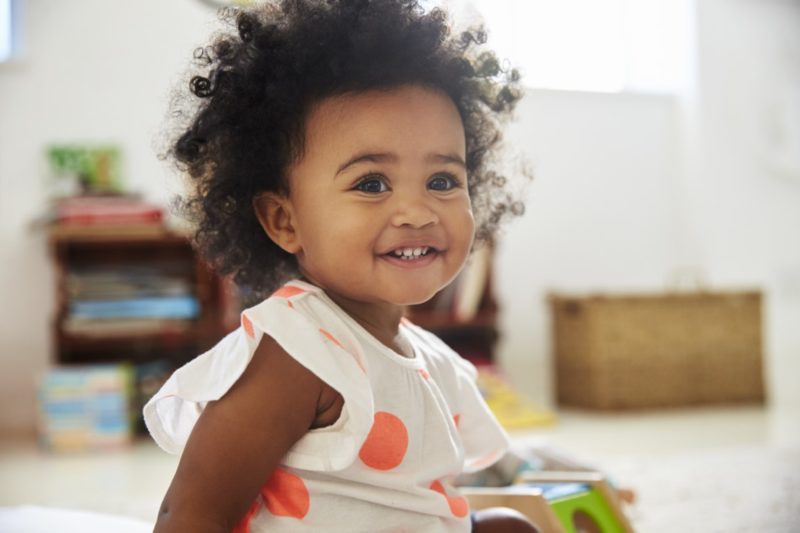Building Resilience, Essential Kids Blog, Play & Nature Play
Smart parenting: helping your child grow an amazing brain

From the time a baby’s head travels through the birth canal, the brain is being prepared for immediate growth and development, and the way we parent from that moment on can have an effect on how a young child’s brain is nourished and nurtured.
Babies are born with around 200 billion brain cells called neurons but with very few connectors, or synapses, in between.
In a way, this means a baby’s brain is ‘half-baked’ and the reason the human brain is born this way, unlike any other species, is so the baby’s head can come down the birth canal.
If nature waited until the connectors had joined the billions of neurons, the size of the baby’s head would be impossible for we mere mortals to deliver. No mother wants a larger head!
For a baby to create connectors between two neurons, the secret ingredient is experience and this experience needs to be repeated in order for that neural highway to become stable.
Much of the growth surge takes place in the first five years of life – so we’re learning so much even before we start school.
In Norman Doidge’s book, The Brain That Changes Itself (2007), he explores the plasticity of the brain — the process whereby the brain grows and prunes itself due to experiences.
The good news is that Doidge asserts that anything not mastered by the age of five can still be learned because anything done repeatedly will make the brain change.
The early years are when connectors are built, making brain maps. Being hurried, overstimulated or stressed impacts negatively on how brain maps form as well as the emotional triggers that accompany experiences.
Our very young kids are also creating their memories, perceptions, beliefs and concepts and often this means things can get messy – think of throwing food, smearing vasoline on one’s self, wall and dog all while singing! Remember the toddler exploits are a sign of a potential genius building brain pathways – not a naughty child.
This knowledge also validates why movement is important showing how essential clapping, rocking, hopping, lullabies and singing songs that include touch are – no screen can build these pathways. Play is incredibly important in building awesome brains too.
According to Margot Sunderland in The Science of Parenting (2007), we have three brains: a reptilian brain (instinctive behaviour); a mammalian brain (triggers strong emotions); and a rational or higher brain (not complete until our mid-late 20s).
The way we parent will have a major impact on how these brains grow.
When we view the emotional immaturity of our children as a sign of the immaturity of the brain we can see that it’s normal for children to have times when they feel overwhelmed with things that seem minor to us.
As the prefrontal cortex – higher brain – is not complete until the late 20s, it is important to recognise that children often struggle making emotionally sound decisions.
Our challenge is to remember we have a higher brain — an ‘upstairs’ brain as Dan Siegel and Tina Payne Bryson call it — and it’s important we use it when working with children.
When we become exhausted and reactive, we find it difficult to interpret their behaviour through the calm rational higher brain so it’s important that we look after our brains too!
Top tips for nurturing a child’s brain:
- Happy, calm children learn best (as Daniel Goleman says in his book Emotional Intelligence).
- Repeated activities consolidate neuronal pathways.
- All children struggle to maintain good brain chemicals. Remember: An upset child is not a bad child — rather a child who is not coping.
- Allow children to be inquisitive and curious.
- Ensure plenty of sleep.
- Ensure good quality food.
- Create opportunities for children to use all their senses, preferably outside.
- Help soothe children when they have a cortisol overload (i.e. that might result in a meltdown or tantrum).
- Water is the only liquid that hydrates the brain.
- Model the behaviour you want.
It might seem simplistic but remember this is brain science. Sometimes we need to remember that amidst all the complexities of parenting, it’s the little things that will have the biggest impact on our children’s cognitive, behavioural, social and emotional development. Now that’s what I call smart parenting.
Image credit: ©️ Monkey Business /Adobe Stock – stock.adobe.com



